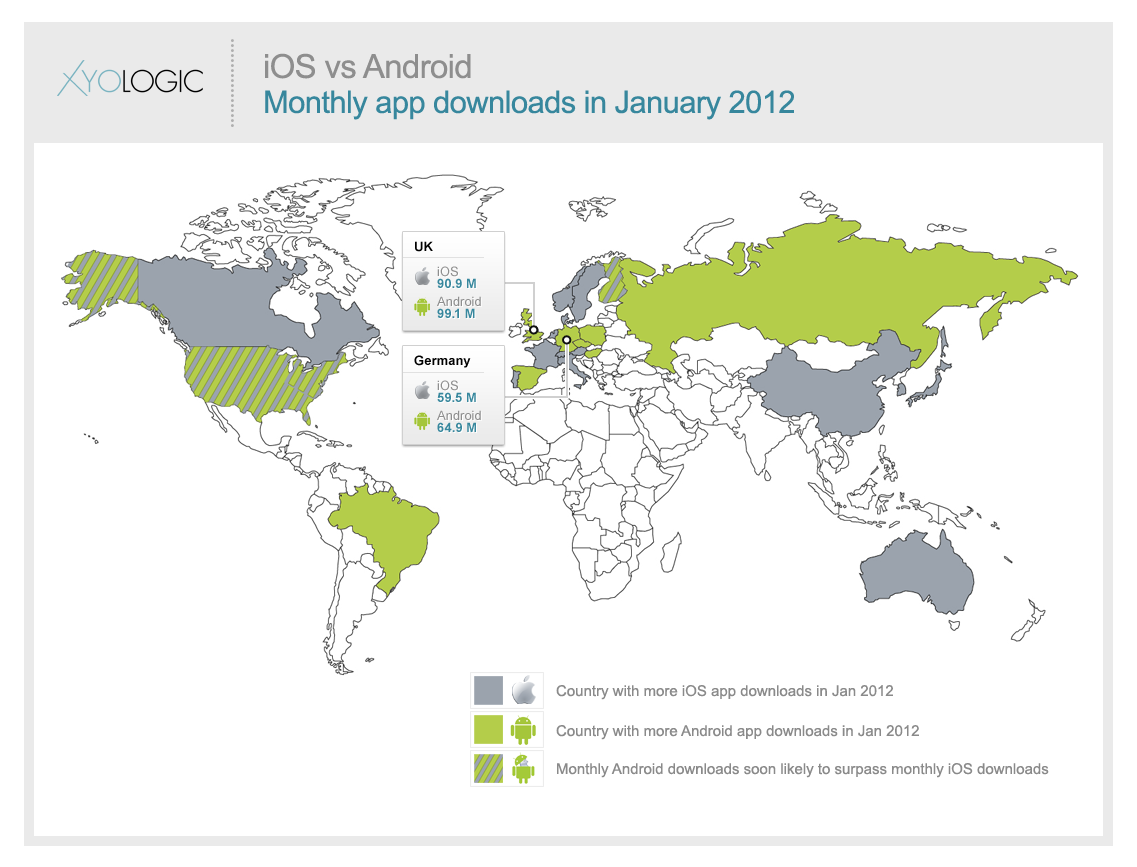Rumor has it that G Drive was coming out back in '06, but it did not. Now that it is out, let's check it out what it is really:
It is like Google's version of Dropbox!
Have you experienced the time when you are working on something, and you suddenly want a specific file, whether it is a music, a song, a picture, or even a document, and then you realized, "Shxx, I left it in XXX" where XXX can be your home computer, work computer, tablets, usb, hard drive, CD, any sort of media storage device.
Then you started thinking.
Is it really worth the trouble of digging through the CDs, plugging in the external hard drive, booting up another computer, or even going back home/work to get the file? Or you can just substitute it with something less instead?
If not, well great, the time is spent on retreiving the files instead of actual work, and you are procrasinating again.
This is when Google Drive comes to the rescue. You can put everything into the web cloud the will sync over the Internet, and you can simply access the same file, with as large as 5 Gigabytes, via the web.
Convent, right?
Do you want to switch to it? Maybe not.
Similar solution was already provided by Dropbox, a new and up-going startup company that has been providing the cloud storage function for more than a year now. It provides large storage, with the only problem being that that is a cap on the largest file size no greater than 300 MBs.
So you might wonder, then why not use Google Drive?
Why, the only problem with Google Drive is that, if you actually read the fine prints on the Term of Service, instead of just clicking yes all the time, you will notice something really interesting!
When Google Drive first came out, the users all rushed towards it like bees rushing toward honey. Then some lawyer started to point at the Term of Services and shouted, "Google is stealing my stuff, legally!"
What they saw is the following in the ToS
When you upload or otherwise submit content to our Services, you give Google (and those we work with) a worldwide license to use, host, store, reproduce, modify, create derivative works (such as those resulting from translations, adaptations or other changes we make so that your content works better with our Services), communicate, publish, publicly perform, publicly display and distribute such content. The rights you grant in this license are for the limited purpose of operating, promoting, and improving our Services, and to develop new ones. This license continues even if you stop using our Services (for example, for a business listing you have added to Google Maps).
Wow, I will freak out too when I see this. Google can use my stuff at will?
But then, when you come to think of it, how is that even possible, if they believe that the users will use this service with the knowledge that they are giving up everything to Google for free?
In short, the lawyer was leaving something out intentionally, as you can see from this post.
Google, in order for you to access your data virtually anywhere on Earth, need to replicate your data all across the servers, and also do run-time correction to them if the data are being edited by you and your peers at the same time. Well, but you might point out that the ToS is still too vague and leaving too much room for Google to use your thing for free?
Read this, boy:
"We do not share personal information with companies, organizations and individuals outside of Google unless one of the following circumstances apply: with your consent; with domain administrators; for external processing; for legal purposes.
So, next time before you freak out and started to attack someone, really read the fine prints first!
And for that lawyer who cried out in the first place, please return your law degree and go do something else. It is better for everyone.










